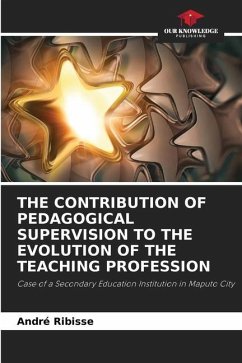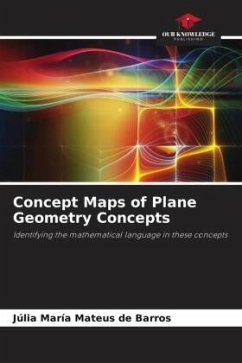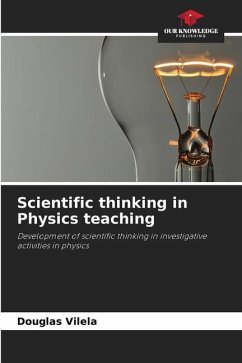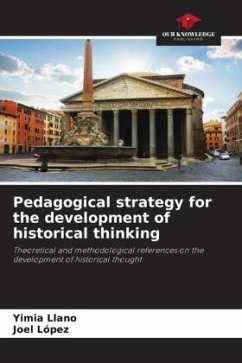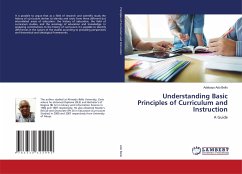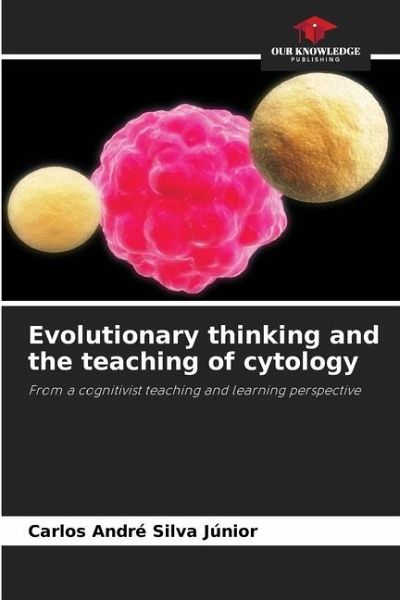
Evolutionary thinking and the teaching of cytology
From a cognitivist teaching and learning perspective
Versandkostenfrei!
Versandfertig in 6-10 Tagen
24,99 €
inkl. MwSt.

PAYBACK Punkte
12 °P sammeln!
Evolutionary thinking, mainly Darwinism and its extensions, is of major importance within biology because it underpins the understanding of all biological events. At any level, whether molecular or population-based, it is ultimately the postulates of evolution that give meaning to events in the living world. This work consists of the development, implementation and analysis of a didactic sequence for teaching cytology in the first year of secondary school. This construction is based on Gérard Vergnaud's theory of conceptual fields, as it is through situations that conceptualization takes plac...
Evolutionary thinking, mainly Darwinism and its extensions, is of major importance within biology because it underpins the understanding of all biological events. At any level, whether molecular or population-based, it is ultimately the postulates of evolution that give meaning to events in the living world. This work consists of the development, implementation and analysis of a didactic sequence for teaching cytology in the first year of secondary school. This construction is based on Gérard Vergnaud's theory of conceptual fields, as it is through situations that conceptualization takes place. Understanding that knowledge is not mentally organized into topics, as is the case in textbooks and teaching plans, a didactic sequence of nine situations was constructed for teaching cytology so that it is linked to an understanding of evolutionary theory (Darwinism/synthetic theory). The core of the work is evolutionary thinking as a universal invariant, and this perspective led to the teaching of cytology through the articulation of concepts. This possibility can (and should) be extended to the whole of biology.





